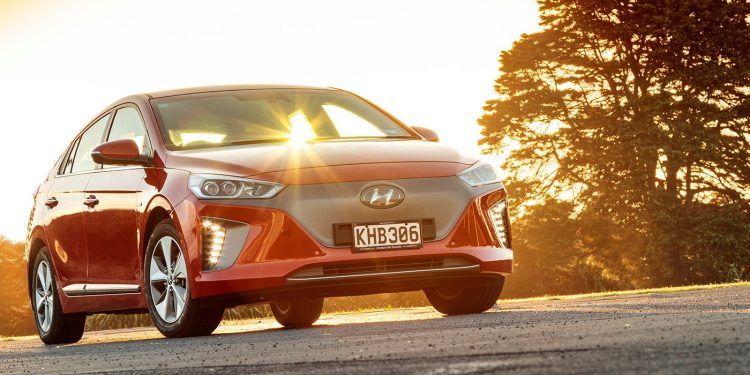Hyundai, Kia confirm they’re diving into the world of solid state batteries
Words: Matthew Hansen
Solid state battery technology development is set to be one of the big talking points in cars over the next few years, as brands attempt to crack the code on a field that will further revolutionise EVs.
Solid state batteries are a higher-density battery made out of solid electrodes and solid electrolytes, and are already commonly used in a raft of different things. They’re big news for EVs as for most they represent the next big step in improving recharging times, improving range, and closing the convenience gap between plug-ins and traditional internal combustion vehicles.
Toyota has already confirmed that it’s developing solid state batteries, and now both Hyundai and Kia have announced that they’re joining the space race.
The two Korean firms are set to collaborate with US-based company Factorial Energy. In a shared press release, the two firms say that Factorial’s solid-state development to date “addresses key issues holding back wide scale consumer adoption of electric vehicles: driving range, and safety.”
According to the release, Factorial has its own proprietary solid electrolyte material, which “enables safe and reliable cell performance with high-voltage and high-capacity electrodes”, can perform at room temperature, and is “safer than conventional lithium-ion technology”.
The upshot of this according to Hyundai and Kia is the potential for driving range in its vehicles to be extended by between 20 and 50 per cent. Perhaps just as importantly, it also notes that Factorial’s solid state technology is “drop-in compatible” with its existing lithium-ion battery manufacturing practices.
This all sounds great, but there’s a caveat. Hyundai and Kia’s release did not make mention of a timeline, meaning that it may be years before we see this solid state technology in a production car. Toyota, on the other hand, has said it will have a solid state battery in prototype testing this year.
Still, with the speed at which Hyundai and Kia have moved in their development of EVs to date (and with the former’s hydrogen fuel-cell work, too), one would expect them to make solid state batteries a reality with more haste than most.





